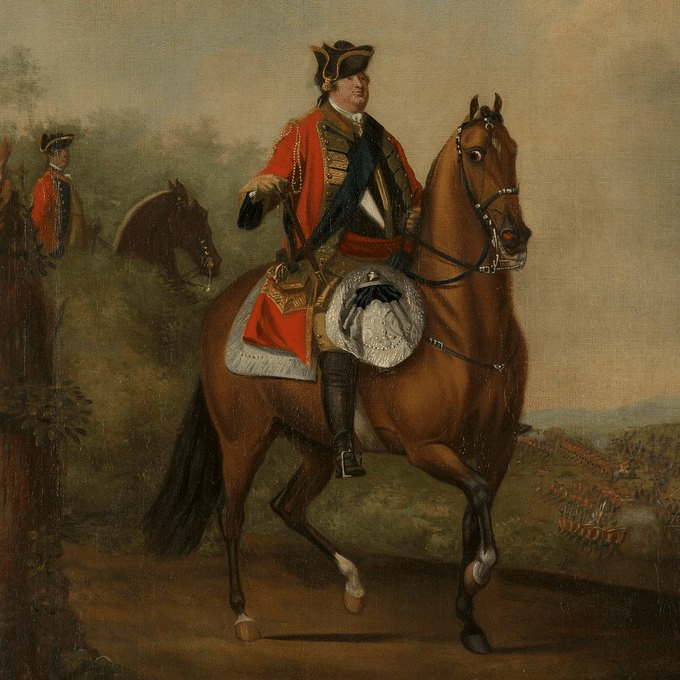
28 February 1692: Colonel John Hill, governor of Fort William, reported to the Earl of Portland that the men of Glencoe who had escaped the massacre “lie dormant in caves and remote places”. He advised that it would be best if they were allowed to submit to King William’s mercy since enough had been killed as an example and to vindicate public justice. He felt that it would be too troublesome to go after them all and believed that they would “join with other broken men, and be hurtful to the country.” Colonel Hill also reported that the “winter campaign put the Highlanders under great consteriation, and they were very much affrighted, and are all very submissive and humble.” All of the clan chiefs who had not signed the oath of allegiance rushed to do so when news of the Glencoe massacre reached them.
28 February 1746: At Aberdeen, the Duke of Cumberland was informed that the Jacobites had published a paper which stated that they proposed to “lie still until the Spring, and then assemble a great army of highlanders, and make a fresh irruption”.
